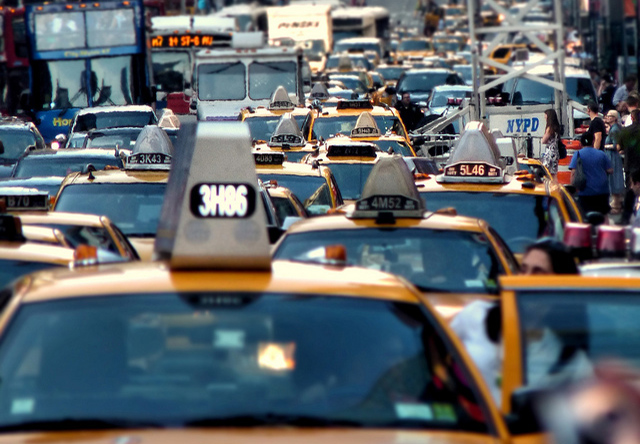NYU continues to go green with its newest goal to cut greenhouse gas emissions in half by 2017.
The GHG reduction, which only applies to the Washington Square campus, will be achieved through various campus-wide projects such as energy audits, building methods, retrocommissioning and upgrading lighting to LEDs, said Christopher James, a public affairs officer for NYU Sustainability.
Peder Anker, an environmental studies professor in the Gallatin School of Individualized Study, said he is pleased with the reduction plan.
“We should all be very excited about NYU’s plans for greenhouse gas reductions, at least I am,” Anker said. “In doing so, NYU will take the lead as a green university.”
Anker said academic communities should spearhead environmental issues, and NYU should set an example for other schools.
James said the university’s initial commitment to New York City Mayor Michael Bloomberg’s 2007 Carbon Challenge was its goal to reduce GHG emissions by 30 percent by 2017.
NYU’s cogeneration plant contributed to the 30 percent goal, as it decreases GHG emissions by 23 percent, according to the website. Energy efficiency projects also contributed to the reduction through low-flow shower, faucet and toilet installation, lighting retrofits — going from incandescent lamping to compact fluorescent lamping or updating existing fluorescent lighting — and room occupancy sensors for heating, ventilation, air conditioning and lighting.
In addition to cutting down GHG emissions, NYU’s Climate Action Plan has committed the university to be carbon-neutral — or have a net zero carbon footprint — by 2040.
Adam Waks, sustainability liaison for the Committee of Law Sustainability, said he is proud of NYU’s Climate Action Plan and the administration’s stated goal of achieving climate neutrality by 2040.
“NYU has many responsibilities, including the responsibility to behave in a way that will leave the student body with a better world as we graduate,” Waks said. “NYU is taking responsible actions to make our campus a greener, healthier, more sustainable place.”
Su Sie Park is a staff writer. Email her at [email protected].






















































































































































